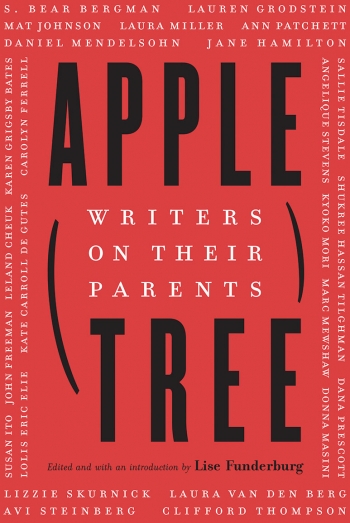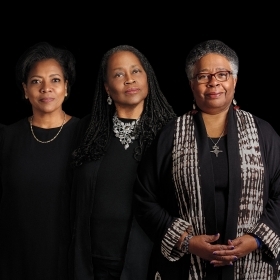Karen Grigsby Bates ’73 contributed an essay entitled “The Feeding Gene” to Apple, Tree. In it, she describes her memories of her family’s powerful need to feed others, including strangers. We asked the veteran NPR journalist, who is based in Los Angeles, about her experience writing the piece, and what food means in our world.
Where you surprised when the memoirist Lise Funderburg asked you to contribute to this collection?
My initial reaction was, “Are you sure you want me in this? Ann Patchett’s in there!” She said, “Yes, I know what I’m doing. Are you going to do it or not?” And I said yes. She let us pick our topics; we were free to write what we wanted.
Your piece is a very personal essay. Is that a form you enjoy writing?
It’s probably the first one that I’ve done. I don’t write about myself; I write about everybody else. You know, a reporter’s supposed to stay out of the story. When I sat down at first, I wondered, “How do I write about me and then go back to being, you know, a third-person observer?” So that was a little hard.
You write about serving shrimp creole you cooked to a Senegalese visitor when you were a student at Wellesley. You clearly inherited the feeding gene.
Yes. Food is one of the great pleasures of life—if you’re in a situation where you can eat on the regular. And if you’re not, then it’s a necessity that you crave. For us, living where we do, as we do, it’s a luxury to be able to ruminate on butter sliding off baked potatoes, and the crunch of a fresh- baked chocolate chip cookie after it comes out of the oven and it’s still hot and gooey in the middle. Food means a lot to people in different ways, in different iterations. But that pot of shrimp creole that I fed the Senegalese student—when he said, “Tastes like home,” I realized, oh, it wasn’t just shrimp. It was having somebody invite him to share a meal, because his own people aren’t anywhere nearby, and he may not get back to them anytime soon.
What’s the power of feeding others?
Feeding people transmits a lot more than just a delicious taste in the mouth. When you cannot agree with people about other things, maybe you can agree about what makes the perfect cornbread, or how long you should cook greens, or whether you serve shrimp with the heads on or with the heads off. It builds a bridge.
Grace is a senior associate editor of this magazine.







We ask that those who engage in Wellesley magazine's online community act with honesty, integrity, and respect. (Remember the honor code, alums?) We reserve the right to remove comments by impersonators or comments that are not civil and relevant to the subject at hand. By posting here, you are permitting Wellesley magazine to edit and republish your comment in all media. Please remember that all posts are public.